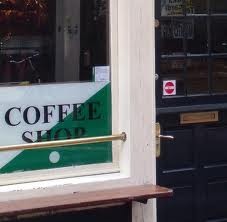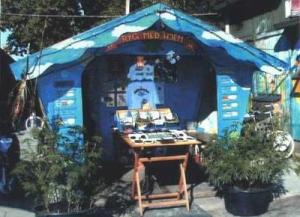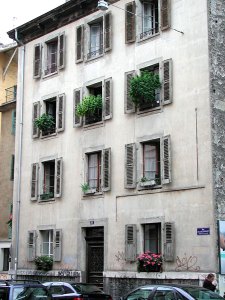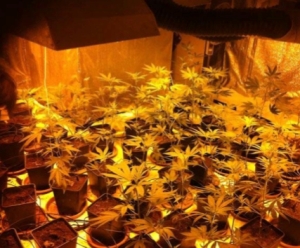 The policy of ‘soft drug tolerance’ in the Netherlands is probably the most well-known example of a country attempting to regulate the use and sale of cannabis. Recognising that marijuana and hashish consumption cause very little social or personal harm, Holland’s laws were changed to differentiate relatively benign soft drugs from genuinely harmful hard drugs.
The policy of ‘soft drug tolerance’ in the Netherlands is probably the most well-known example of a country attempting to regulate the use and sale of cannabis. Recognising that marijuana and hashish consumption cause very little social or personal harm, Holland’s laws were changed to differentiate relatively benign soft drugs from genuinely harmful hard drugs.
Low rate of cannabis consumption
Not only did this free citizens from unreasonable prosecution, the law change had the positive effect of separating the cannabis market from the hard drug black market, so that cannabis was not sold alongside dangerous, addictive substances. As a result, Holland boasts the lowest rates of hard drug use in the Western world, and even has a significantly lower rate of cannabis consumption than most comparable countries.
Sadly, the Dutch tolerance model is under attack from the current government of the Netherlands, and there are regular attempts to undermine the rational drug laws that have benefited the country for the last three and a half decades.
Reform of cannabis laws in Europe
Nevertheless, the undeniable success of the Dutch model has had an impact on the policy of other European countries. Spain, Portugal and Belgium have made advances in decriminalising small-scale personal growing and possession, while the Czech Republic and Slovakia are likely to reform their laws soon.
It’s also worth remembering that two other European nations enjoyed an enviable amount of cannabis freedom up until the mid-2000s. Denmark (specifically Freetown Christiania in Copenhagen) and Switzerland tolerated open sales of marijuana and hashish, though neither country had officially decriminalised cannabis at the time.
Christiania and the hash and marijuana trade
The Christiania hashish market began with the founding of the Freetown in 1971 and was tolerated by the Danish authorities on the principle that it reduced the association between cannabis and hard drugs, and also because concentrating the trade in one area was seen as preferable to having it dispersed throughout the country.
Swiss ‘aromatic pillows’ of cannabis
In Switzerland, there was a brief flourishing of shops which sold bags of herbal cannabis as ‘aromatic pillows’ or ‘bath scents’, on the proviso that the contents were not for human consumption. In the late 1990s and early 2000s, Swiss farmers grew cannabis by hundreds of hectares and were said to be producing over 100 tonnes of marijuana per year.
Reversal of advances in cannabis freedom
Between 2004 and 2006, instead of further liberalisation, the authorities in both countries made serious attempts to stamp out these advances in cannabis freedom. The Swiss cannabis shops were closed and large-scale, open cultivation more or less ceased. The Christiana hash market was dismantled by its own traders one day before the Copenhagen police were scheduled to carry out a raid and shut it down.
The demand for cannabis has not been reduced
These days, the Christiana market has more or less returned to its normal state and, predictably, the demand for cannabis is Switzerland has not been reduced by the abolishment of the shops that allowed it to be bought with ease and safety.
Source: Sensi Seeds














You must be logged in to post a comment.